Guide by: Jake Madoff
Co-Founder | Agreeable & Co.
Yoga has been growing in popularity in recent years – perhaps more accurately, it has been growing rapidly.
Whether or not yoga is being practiced for its fad-like lifestyle, or because people genuinely want to practice it because it makes them feel better, I’m simply happy that people are doing it. Yoga is important, at least in my opinion. It teaches one healthy breathing techniques, promotes mindfulness training, and has been proven to improve posture, lower stress levels, and make more balanced one’s overall mood. If you’re skeptical of anything I just laid out, that’s totally OK. That’s why I made a guide to prove it.
Below you’ll find a guide to how the practice of yoga effects / influences / impacts your brain. Don’t worry, the research is definitely positive. There are a handful of health benefits of yoga. See for yourself.
Everything You Need To Know About
Yoga, The Brain & The Health Benefits of Yoga
1. Documentaries & Documentary Short Films
I was pleasantly surprised by the breadth and quality of the documentaries and short films I found on yoga. I wanted to select films that not only discuss the physical practice of yoga, but also that chronicle the spiritual and developmental history of the philosophy and lifestyle. “Yoga Inc.” is the most modern one of the lot, and focuses on the growth of yoga on the business-side of the lifestyle. “Enlighten Up” is your classic, first-person documentary that follows the journey of a yoga skeptic that tries to wholeheartedly embrace the lifestyle of yoga. In short, his journey is a positive one. “Yoga Is: A Transformational Journey” is perhaps my favorite one and covers areas ranging from the psychological influences of yoga to the history of the discipline.
“Enlighten Up” – A Documentary About A Skeptic’s Journey Into the Wide World of Yoga (Link to Film)
By: Kate Churchill
“Yoga Unveiled” – A Documentary that Harnesses the Colorful Commentary of the Most Prominent Yoga Scholars, Teachers & Physicians & Unveils the Wide History of Yoga
By: Krishna Das
“Yoga, Inc.” – A Documentary that Chronicals the Growth of Yoga & How it Transformed from an Ancient Spiritual Practice Into a Multi-Million Dollar Industry
By: Northwest VEG
“Why We Breathe” – A Documentary Short about the Healing Effects of Yoga From The Perspective of Those of Practice
By: Yoga Aéreo
“Titans of Yoga” – A Film About the Thought-Leaders & Teachers in the Modern World of Yoga
By: GaiamTV – Movies
“Yoga Is: A Transformational Journey” – A Documentary Following the Spiritual Journey of One Woman & Her Respect for Life
By: Magnolia Pictures VOD
“Shortcut to Nirvana” – A Documentary about That Explores the Spiritual Roots of Yoga & Its Influences
By: Nick Day & Maurizio Benazzo
“The Story Of Yoga” – A Short Film about the History of Yoga
By: Iris Productions (Discovery Channel)
2. Books
There are a ton of books on yoga – a ton. However, I tried to select books that cover — specifically — the related fields of yoga poses/exercises, meditative breathing, and how these two activities influence the brain. Several of these books do provide steps for beginners on how to start yoga, including instructional chapters on how to build a posing routine, to how to practice the arguably more important activity of breathing deeply and mindfully. “The Miracle of Mindfulness: An Introduction to the Practice of Meditation” and “30 Essential Yoga Poses: For Beginning Students and Their Teachers” pair well together and cover these topics. “A Life Worth Breathing: A Yoga Master’s Handbook of Strength, Grace, and Healing” by Max Strom is also a terrific book from the perspective of someone who’s life was changed by yoga.
“30 Essential Yoga Poses: For Beginning Students and Their Teachers”
By: Judith Lasater
“Yoga Anatomy’
By: Leslie Kaminoff
“A Life Worth Breathing: A Yoga Master’s Handbook of Strength, Grace, and Healing”
By: Max Strom
“Light on Yoga: Yoga Dipika”
By: B. K. S. Iyengar
“Yoga: Yoga For Beginners: Find Inner Peace, Lose Weight And Live A Stress-Free Life”
By: Katie Anderson
“The Miracle of Mindfulness: An Introduction to the Practice of Meditation”
By: Thich Nhat Hanh
3. Talks & Interviews with Industry Leaders, Researchers, Medical Experts & Yogis
There is a wonderful selection of talks, lectures and interviews on YouTube with practiced yogis, medical experts, and academic researchers about the discipline of yoga. The two videos by Purple Valley Ashtanga Yoga are more explanatory in nature and provide you with a solid step-by-step guide that describes how you may begin practicing yoga, and what has worked for them in the classes they teach. Consciousness – The Final Frontier and Journey of Self are fascinating videos on how yoga has transcendental effects on one’s mind and sense of self. The former is a TEDx Talk, while the latter is a academic lecture. Yoga Is was also rather eye-opening for me, as the speaker tells an impactful story of how yoga changed her life for the better and healed emotional wounds.
An Interview with Mark Robberds on Ashtanga Yoga
By: Purple Valley Ashtanga Yoga
The Yoga Anatomy Interview with David Keil
By: Purple Valley Ashtanga Yoga
Yoga For Complete Beginners
By: Yoga With Adriene
A TEDx Talk: “A Healthy Lifestyle You Can Stomach”
By: Nadya Andreeva | TEDx
A TEDx Talk: “Consciousness – The Final Frontier ” – TEDxNoosa
By: Dada Gunamuktananda | TEDxNoosa (2014)
“Journey of Self” with Yoga Master B.K.S. Iyengar: A Talk By Manouso Manos
By: Asian Art Museum
A TEDx Talk: “Gangster Yoga” – TEDxArendal
By: Alexander Medin | TEDxArendal (2014)
A TEDx Talk: “Recognizing Your Self Through Yoga” – TEDxFlourCity
By: Aimee Bohn | TEDxFlourCity (2013)
A TEDx Talk: “Yoga Is” – TEDxConejo
By: Suzanne Bryant | TEDxConejo (2012)
4. Peer-Reviewed Articles & Research Reports
I had a good deal of fun going through these research articles. The actual searching bit was a bit challenging, but, nevertheless, I’m again very happy with what I found and can now share with you. The below research articles discuss everything from how yoga stretching has the potential to benefit your spine, posture and muscular circulation, to how the breathing and meditative exercises in yoga have positive effects on your brain, stress levels, and overall mood. The Health Benefits of Yoga and Exercise: A Review of Comparison Studies is a fascinating and comprehensive study on the benefits of the movements of yoga. Effects of Yoga on The Autonomic Nervous System, Gamma-Aminobutyric-Acid, and Allostasis in Epilepsy, Depression, and Post-Traumatic Stress Disorder is a mouthful to say, but incredibly thought-provoking, as it details the many benefits of how yoga can reduce stress and improve your mood and outlook.
Yoga Asana Sessions Increase Brain GABA Levels: A Pilot Study
Objective:
“The aim of this study was to compare changes in brain γ-aminobutyric (GABA) levels associated with an acute yoga session versus a reading session. It was hypothesized that an individual yoga session would be associated with an increase in brain GABA levels.”
Effects of Yoga Versus Walking on Mood, Anxiety, and Brain GABA Levels: A Randomized Controlled MRS Study
Objective:
“Yoga and exercise have beneficial effects on mood and anxiety. γ-Aminobutyric acid (GABA)-ergic activity is reduced in mood and anxiety disorders. The practice of yoga postures is associated with increased brain GABA levels. This study addresses the question of whether changes in mood, anxiety, and GABA levels are specific to yoga or related to physical activity.”
The Health Benefits of Yoga and Exercise: A Review of Comparison Studies
Objective:
“Exercise is considered an acceptable method for improving and maintaining physical and emotional health. A growing body of evidence supports the belief that yoga benefits physical and mental health via down-regulation of the hypothalamic–pituitary–adrenal (HPA) axis and the sympathetic nervous system (SNS). The purpose of this article is to provide a scholarly review of the literature regarding research studies comparing the effects of yoga and exercise on a variety of health outcomes and health conditions.”
Psychophysiologic Effects of Hatha Yoga on Musculoskeletal and Cardiopulmonary Function: A Literature Review
Abstract:
“Yoga has become increasingly popular in Western cultures as a means of exercise and fitness training; however, it is still depicted as trendy as evidenced by an April 2001 Time magazine cover story on “The Power of Yoga.” There is a need to have yoga better recognized by the health care community as a complement to conventional medical care. Over the last 10 years, a growing number of research studies have shown that the practice of Hatha Yoga can improve strength and flexibility, and may help control such physiological variables as blood pressure, respiration and heart rate, and metabolic rate to improve overall exercise capacity. This review presents a summary of medically substantiated information about the health benefits of yoga for healthy people and for people compromised by musculoskeletal and cardiopulmonary disease.”
Using the Biopsychosocial Model to Understand the Health Benefits of Yoga
Abstract:
“Yoga is widely practiced as a means to promote physical, psychological and spiritual well-being. While a number of studies have documented the efficacy of yoga for functioning in healthy individuals and those experiencing illness or pain, biopsychosocial effects have not been detailed. We propose an analogue between the physical, psychological and spiritual effects of practice as espoused in yoga traditions, and the biopsychosocial model of health. To this end, we present a review and conceptual model of the potential biopsychosocial benefits of yoga, which may provide clues regarding the possible mechanisms of action of yoga upon well-being. Physical systems activated through yoga practice include musculoskeletal, cardiopulmonary, autonomic nervous system and endocrine functioning. Psychological benefits include enhanced coping, self-efficacy and positive mood. Spiritual mechanisms that can be understood within a Western medical model include acceptance and mindful awareness. We present empirical evidence that supports the involvement of these domains. However, additional well-conducted research is required to further establish the efficacy of yoga for health states, and to understand how posture, breath and meditative activity affect the body, mind and spirit.”
Health Impacts of Yoga and Pranayama: A State-of-the-Art Review
Abstract:
“Thousands of years ago yoga originated in India, and in present day and age, an alarming awareness was observed in health and natural remedies among people by yoga and pranayama which has been proven an effective method for improving health in addition to prevention and management of diseases. With increasing scientific research in yoga, its therapeutic aspects are also being explored. Yoga is reported to reduce stress and anxiety, improves autonomic functions by triggering neurohormonal mechanisms by the suppression of sympathetic activity, and even, now-a-days, several reports suggested yoga is beneficial for physical health of cancer patients. Such global recognition of yoga also testifies to India’s growing cultural influence.”
Effectiveness of Yoga Therapy as a Complementary Treatment for Major Psychiatric Disorders: A Meta-Analysis
Objective:
“To examine the efficacy of yoga therapy as a complementary treatment for psychiatric disorders such as schizophrenia, depression, anxiety, and posttraumatic stress disorder (PTSD).”
The Yoga of Healing: Exploring Yoga's Holistic Model for Health and Well-being
Objective:
“This article provides an introductory outline of the theoretical foundations for the therapeutic application of Yoga. Over the course of its several thousand year history, Yoga has evolved and refined highly effective models and tools for healing and health, many of which are discussed in the article. These models and tools are interconnected and interdependent, each one supporting the other while at the same time addressing specific aspects of the whole human system.”
Effects of Yoga on The Autonomic Nervous System, Gamma-Aminobutyric-Acid, and Allostasis in Epilepsy, Depression, and Post-Traumatic Stress Disorder
Abstract:
“A theory is proposed to explain the benefits of yoga practices in diverse, frequently comorbid medical conditions based on the concept that yoga practices reduce allostatic load in stress response systems such that optimal homeostasis is restored. It is hypothesized that stress induces (1) imbalance of the autonomic nervous system (ANS) with decreased parasympathetic nervous system (PNS) and increased sympathetic nervous system (SNS) activity, (2) underactivity of the gamma amino-butyric acid (GABA) system, the primary inhibitory neurotransmitter system, and (3) increased allostatic load. It is further hypothesized that yoga-based practices (4) correct underactivity of the PNS and GABA systems in part through stimulation of the vagus nerves, the main peripheral pathway of the PNS, and (5) reduce allostatic load. Depression, epilepsy, post traumatic stress disorder (PTSD), and chronic pain exemplify medical conditions that are exacerbated by stress, have low heart rate variability (HRV) and low GABAergic activity, respond to pharmacologic agents that increase activity of the GABA system, and show symptom improvement in response to yoga-based interventions…”
5. Blog Articles & News Reports
Similarly, I found a ton of blog articles on yoga, but, unfortunately, at least in my opinion, they didn’t detail how the practice of yoga relates to one’s own emotional health and brain activity. Nonetheless, I was able to find a handful of articles that met my criteria. Supreme Yogic Breath for Brain Development & Mind Control and Kriya Yoga Changes Your Brain Cells cover how the breathing exercises in yoga alter the grey matter in your brain and help to improve cognitive functions. The Science of Yoga and Why It Works also involves this topic, but includes a bit more about the many other influences of yoga. Lastly, if you get stressed easily like me, I recommend giving this article a read, Yoga: Changing The Brain’s Stressful Habits.
Yogic Breathing: The Physiology of Pranayama
By: Angela Wilson – of Huffington Post
Supreme Yogic Breath for Brain Development & Mind Control
By: Anmol Mehta
This is Your Brain on Yoga
By: Kat Heagberb – of Yoga International
Hatha Yoga Boosts Older People’s Brain Function More Than Exercise Alone
By: Chris Weller – of Medical Daily
Kriya Yoga Changes Your Brain Cells
By: YogaNanda
Yoga: Changing The Brain's Stressful Habits
By: Alex Korb Ph.D. – of Psychology Today
The Science of Yoga and Why It Works
By: Maureen Salamon – of Live Science
Hey people! My name is Jake. I’m the Co-Founder of Agreeable & Co. I’m an Environmentalist, Social Entrepreneur, Writer and Developer. Besides making people- and planet-friendly products more accessible through Agreeable & Co., I run an online research guide for sustainable, ethical, and healthy products, called Greener Square (which is slowly transitioning to Agreeable & Co.); and helped to start an award-winning trade and barter app, called TradeMade, that measures and tracks one’s carbon footprint. I also recently graduated from New York University, where I studied corporate sustainability, environmental ethics, and ecological science. In a word, conscious consumption and overall healthy, low-impact living is my jam. I also like jam.
Have a question? I’ll answer.
New & trending kits.
Hippie Soulstice: Everyday Eco Ethical Fashion, Handmade w/ Upcycled Fabrics
How To Save Money, While Reducing Paper Waste in Your Kitchen #ZeroWasteKitchen
How to Be Green & Energy Efficient at Home, Using New Modern Tech
Minimalist Eco Ethical Clothing: Jackets, Tops, Shoes & More, in Black
5 Top Reviewed, Best Apps for Stopping, Combating Climate Change
How to Reduce Your Carbon Footprint: 5 Best Green Tech Essentials
health benefits of yoga
health benefits of yoga. health benefits of yoga. health benefits of yoga. Learn about the many health benefits of yoga, ranging from the mental health benefits of healthy breathing, to the health benefits of yoga stretching. health benefits of yoga. health benefits of yoga. health benefits of yoga. health benefits of yoga. health benefits of yoga. health benefits of yoga. Learn about the many health benefits of yoga, ranging from the mental health benefits of healthy breathing, to the health benefits of yoga stretching. health benefits of yoga.
Get on the list.


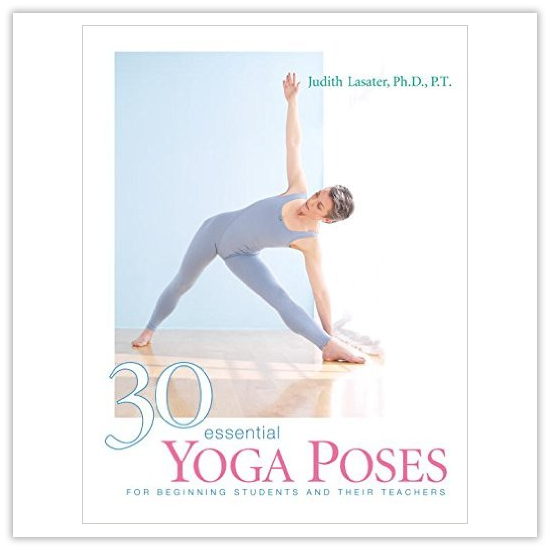
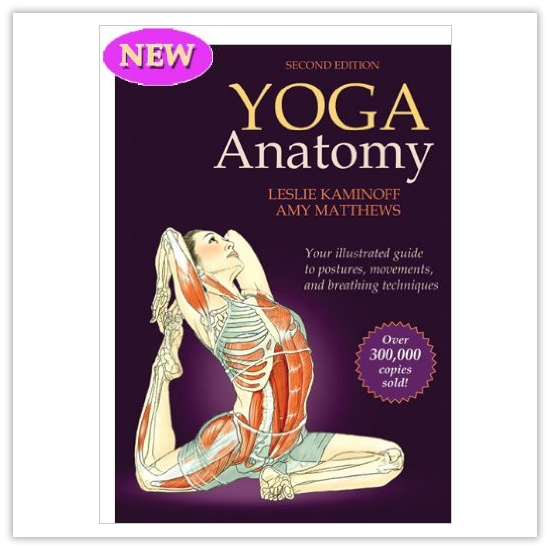
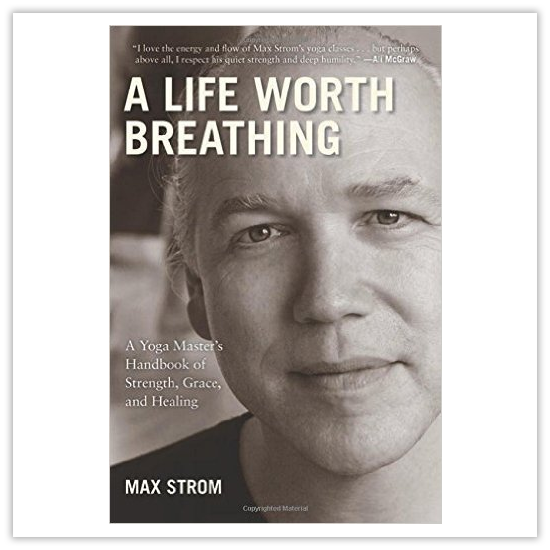
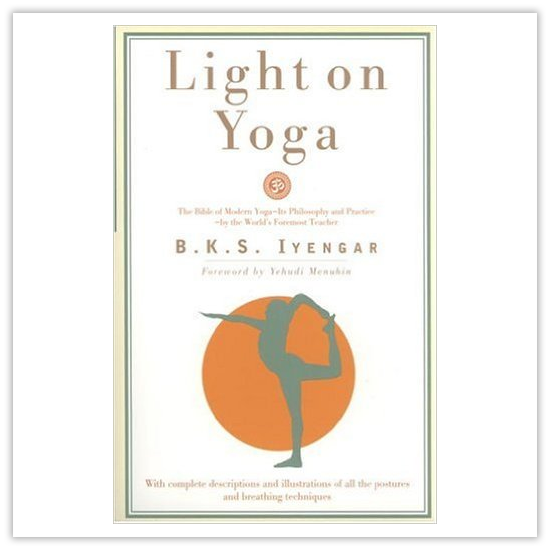
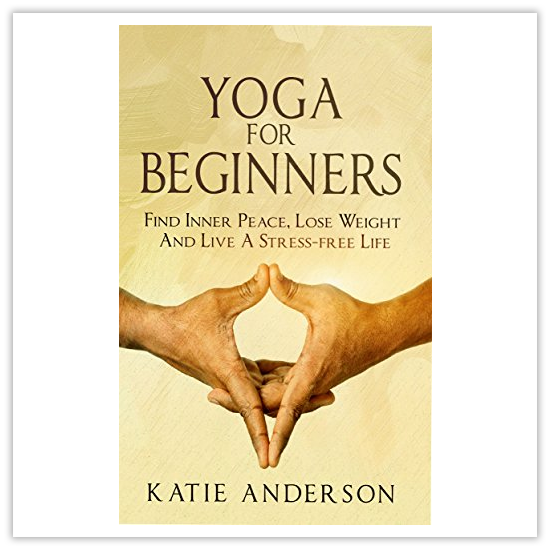
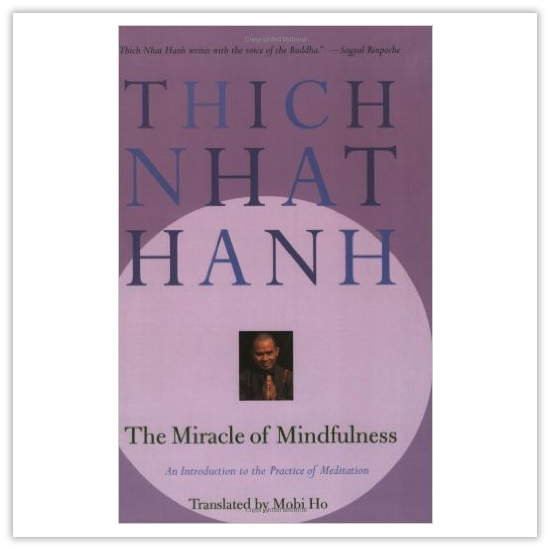







0 Comments